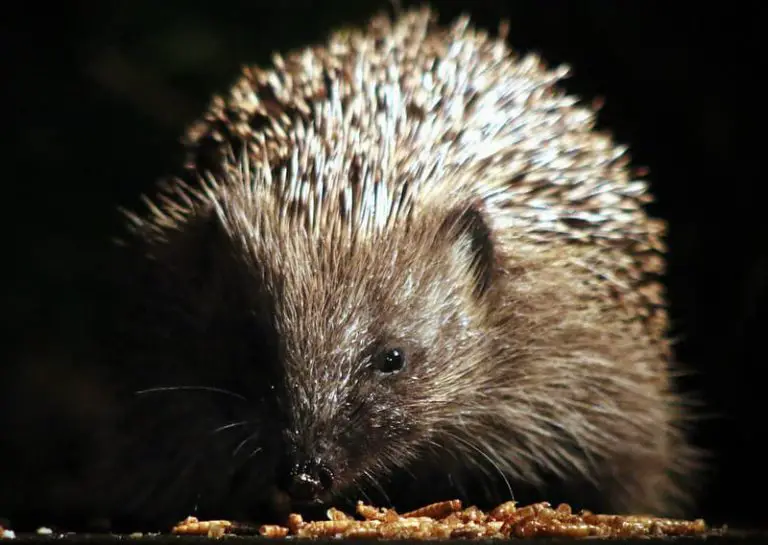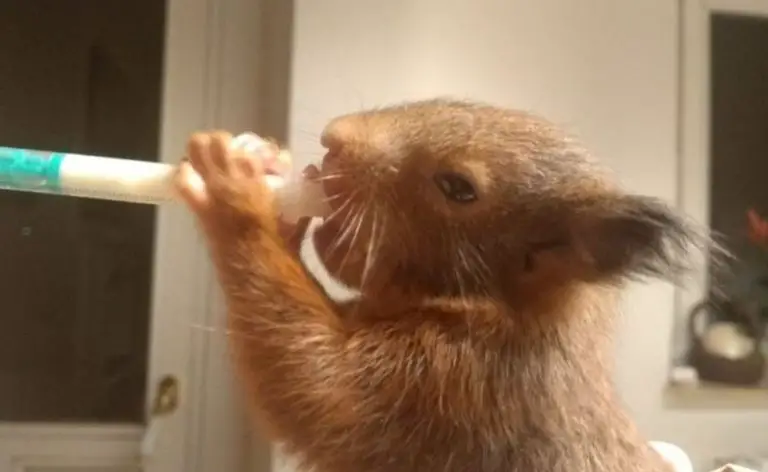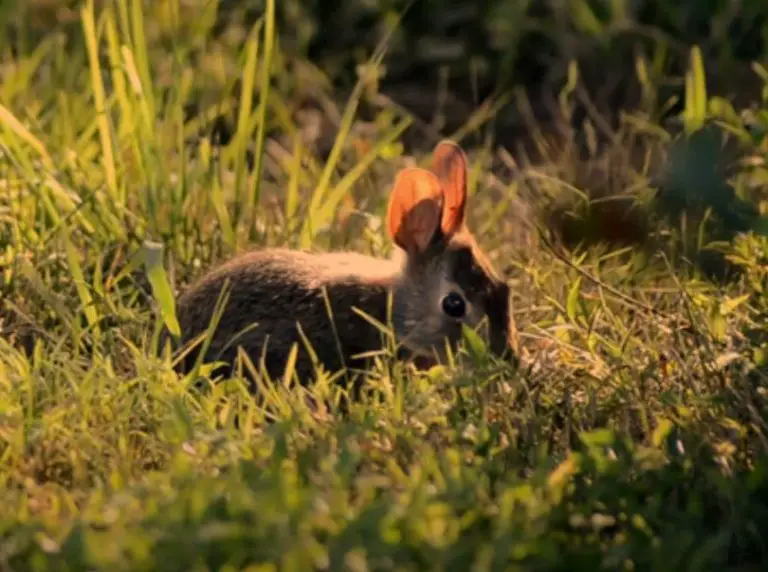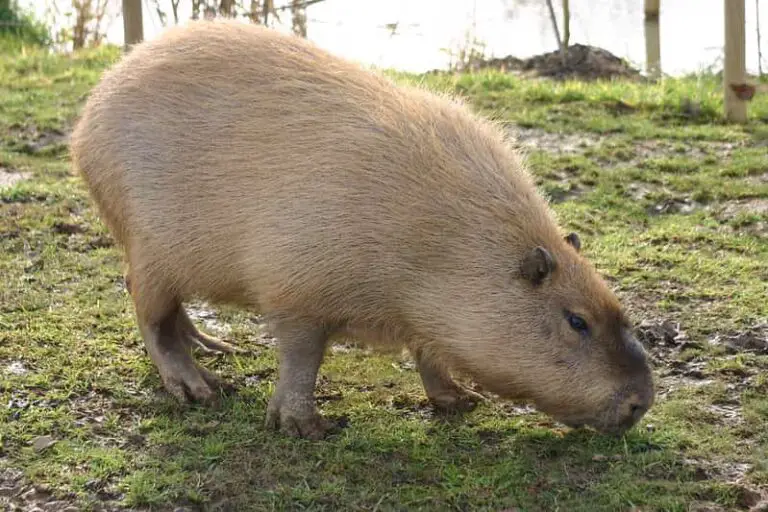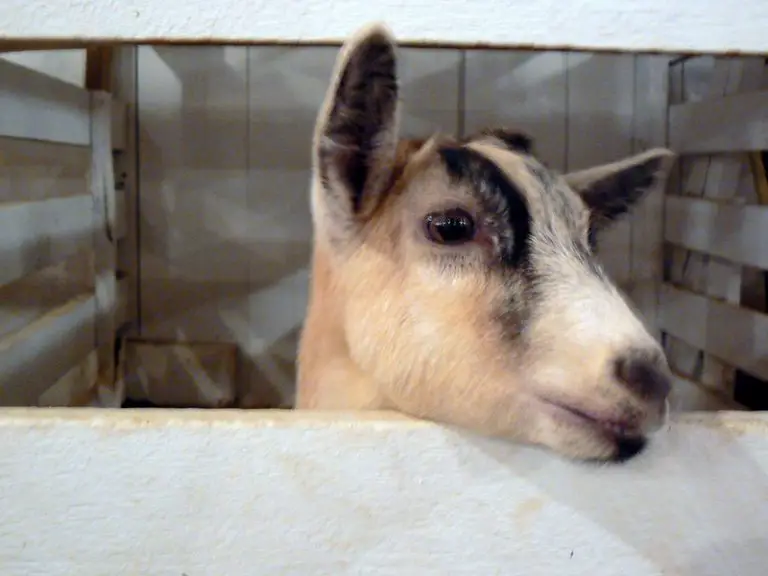Are Guinea Pigs High Maintenance? Essential Tips for Beginners
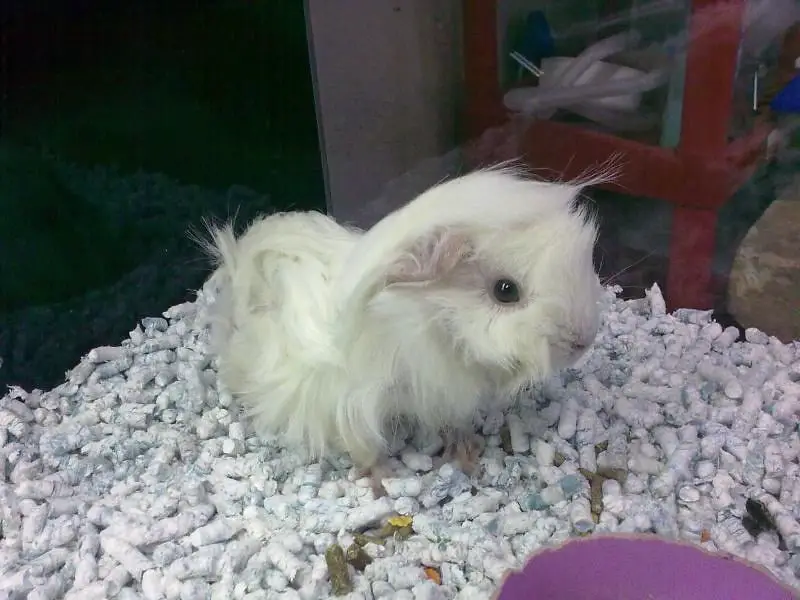
Before acquiring a pet, however small it may be, one is concerned that it will not cost an arm and a leg to maintain. There are pets that require a considerable amount of maintenance, while others are much more economical.
Guinea pigs are a species of animal that can be classified among the variety of pets that include others such as hamsters or rabbits that many families choose to have as their first companion animal.
To have a small and docile mammal like these, many times it is done with the purpose of having a previous experience and to know if they dare with a dog or with a cat.
Also the fact that they do not represent danger in family with children. What happens is that many people don’t know that in reality they have little to do with each other.
So it is not very useful as a comparative experience, although it can be at the level of affection and adaptation to a house in which pets now also live.
It is important, before deciding to adopt a pet, to know well what basic needs it requires and, therefore, what kind of investment will be necessary, both to adapt the house and create a happy habitat, and later on, to maintain it.
In the case of guinea pigs, which is the subject of this text, we could estimate the monthly expenditure per individual at about 50 dollars in approximate average.
This is a maximum estimate, and it is probably possible that someone could spend more for various reasons, although it varies, in any case, depending on the price at which you buy each of the products you need.
The fixed monthly cost, once you have bought everything you need for the acquisition of the guinea pig, and have taken it to the vet at the beginning of your experience together, is reduced to the support of the cage and the food.
The maintenance of the cage is usually half of the monthly cost, around 25 to 30 dollars, while the other half of the budget goes on food.
Guinea pigs eat feed but also require supplements to their diet in the form of vegetables and fruit, which will always make the monthly cost of food a little more expensive.
To this fixed cost, should be added the occasional ones, such as something related to the cage that has been damaged, something that is usually because they are dirty in general.
These would be not very high expenses, or also in veterinary, bills that are usually more expensive, but that cannot be included in an average expense estimate because they are variable costs.
It is not so cheap to keep the guinea pigs, but it is cheaper for example than a dog or a cat. The guinea pigs have the advantage that they do not have to be vaccinated.
The substrate will be the most significant recurring expense
The substrate, is one of the recurrent expenses that you will have to do to maintain the guinea pig, it is used as a base in its cage, as for the substrates for the guinea pig, there are several types, wood pellets, pressed paper, hemp and some other.
The most economical is the wooden pellets, although pressed paper pellets are also used. The economy of the substrate will depend on which one you choose.
The wood shavings, although it is not recommended by many serve as an economical substrate for the guinea pig cage, if you have in your local environment some woodworking workshop where you can get the shavings for free or for a modest price because your savings will be significant.
With wood shavings, you must be careful that they do not contain splinters, the legs of the guinea pig are very sensitive. Also make sure that it doesn’t contain too much dust, so that it can affect the pet’s breathing. This is why this material is not highly recommended as a substrate.
Never use silica gel, chinchilla sand, or cat stones/sand, it is not recommended for these animals.
Things you should know about guinea pig maintenance
They are animals that can quickly dirty the cage (unless they get educated), so you have to clean the cage every little time. Usually every 2 days or 3.
Especially in summer, the odors can be somewhat unbearable if not being cleaned, and insects can appear in the wet areas. This can be bad for them.
The economic expense using the recommended substrate of wooden cylinders or pressed paper for a 1-meter wide cage is approximately $25 per month.
As we mentioned previously, not only do they need to eat feed, unlike other rodents such as hamsters, buying vegetables and fruit for them has an economic impact on their monthly food expenses.
A guinea pig doesn’t require detailed attention, but it does require some basic care that you should take care of.
It doesn’t take too much time to clean the cage, feed it and spend some time with a guinea pig, but you should make sure you can do it every day and have time for it.
A guinea pig is not a toy, so if you have young children and decide to buy a guinea pig, make sure they don’t treat it as a toy.
Guinea pigs are very fragile. Small children can grab them roughly and hurt them. If the animal’s stomach were to be squeezed, it could be damaged.
Dropping the guinea pig on the ground would result in a broken hip or leg, and often death.
Children should be watched when they hold it in their hands so that none of this or similar happens.
Be very careful if you have other pets, such as a dog, cat or any other animal in the house that could be a guinea pig predator.
Make sure you don’t leave it in a place where it can be reached. The consequences would be terrible.
The guinea pigs’ diet is based on vegetables and fruits, but they can’t eat everything. You must know well what they can and can’t eat.
There are foods that are pure poison, and if by some accident you give it to them they could end up in the emergency room, or putting us in the worst situation, it would lead them to death.
It is very important to know, if you are going to give a guinea pig to your child or partner for any reason, these animals have an estimated life span of 4-8 years.
The person who receives it must assume the commitment to have it and must be sure to want it, and not abandon it after a few days. A guinea pig would not survive in the street for even two days.


